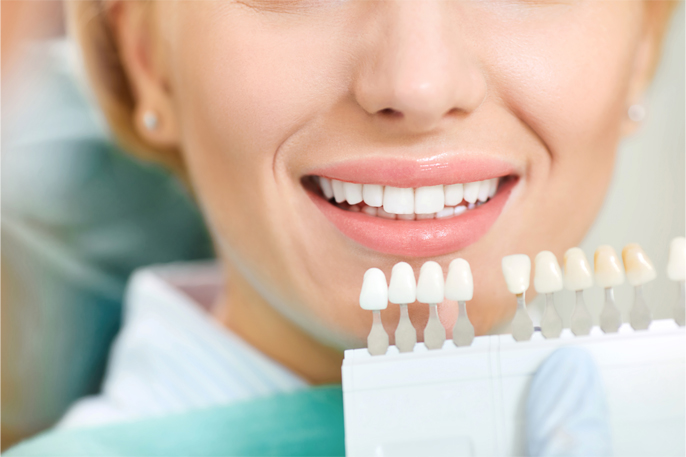TMJ stands for Temporomandibular Joint Disorder, and it can seriously impact our quality of life. If you experience consistent jaw pain, jaw pain in the morning, jaw clicking at the joint, and/ or experience frequent headaches, it may be due to existing or developing TMJ disorder. Essentially, when you have a problem with the jaw muscles or joints in your jaw, that is when these symptoms can start to appear. Here are some ways you may be unintentionally contributing to the onset of TMJ disorder.
Bruxism is the official term for grading and clenching of the teeth. People who clench or grind their teeth commonly wake up with jaw pain and wear the cartilage lining their temporomandibular joint over time. Similarly, chewing gum or biting our nails can also damage our teeth and contribute to TMJ disorder over time.
Misaligned teeth are another common cause, as it can cause one to consciously or unwittingly chew on a dominant side of their mouth, contributing to undue stress on that side of the jaw. Similarly, a prior jaw fracture or injury can contribute to symptoms such as headaches, ear pain or ringing, and dizziness. If you suffer from these symptoms and have yet to be diagnosed with TMJ disorder, it may be time to consult with your dentist about your concerns.
To schedule an appointment or learn more about the beautiful smiles Dr. Sukari McMiller has created visit us online today at www.dreamworksdentalcare.com.
Dr. Sukari McMiller proudly serves patients from Fayetteville and all surrounding areas.






